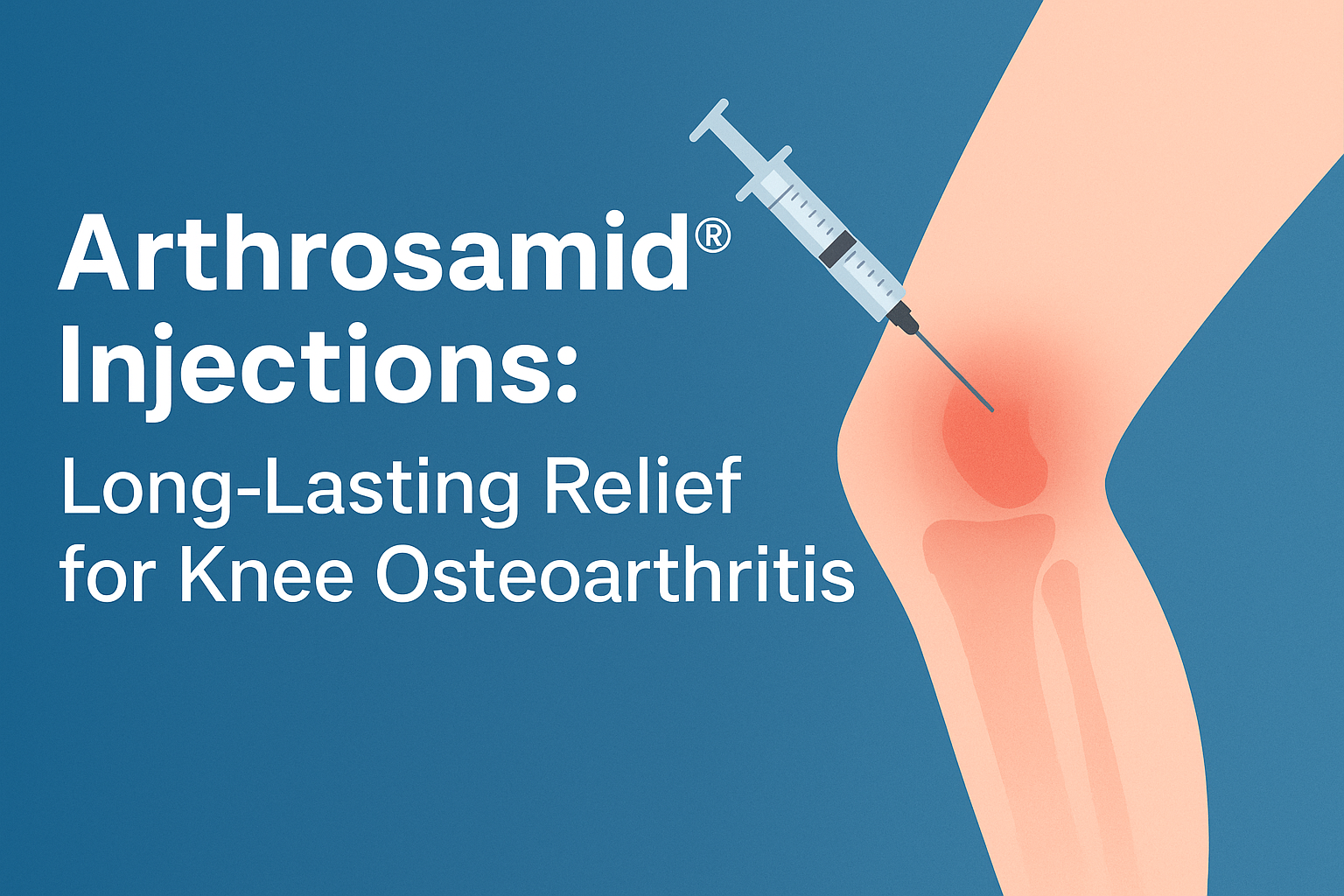The short answer is yes — Botox can still be a safe and effective treatment for seniors when performed by an experienced medical injector. However, the approach is slightly different because older skin and muscles respond in unique ways.
Is Botox Safe After 65?
Contrary to popular myths, Botox is not banned after age 65. But it’s important to understand that:
- Skin naturally becomes thinner as we age.
- Muscles lose strength over time.
- Healing and recovery can be slightly slower.
As a result, Botox injections after 65 — especially in the forehead area — require extra care and expertise.
Expert Insight:
“There’s no blanket rule barring Botox after 65, but older skin, possible health conditions, and slower healing may require more caution.”
Risks of Botox for Seniors
While Botox remains safe for many healthy adults over 65, there are a few risks that seniors should be aware of:
- Bruising and swelling may occur more frequently.
- Temporary drooping (such as brow droop) has a higher risk if injections are not precisely placed.
- Thinner skin often means subtle, natural results are preferable to avoid an “overdone” look.
- Healing time may take slightly longer compared to younger patients.
To minimize risks, experienced providers often:
- Use lower doses.
- Target only specific muscles.
- Focus on a natural finish that suits mature skin.
Can Older Adults Still Benefit from Botox?
Absolutely. Many patients over 65 enjoy Botox for:
- Softening forehead lines.
- Reducing crow’s feet.
- Minimizing frown lines.
The key is working with a skilled injector who understands the nuances of senior skin. With the right approach, Botox can still deliver safe, subtle, and satisfying results.
Quick Takeaways
- ✅ Botox after 65 is safe with the right provider.
- ✅ Lower doses and careful technique reduce risks.
- ✅ Bruising, swelling, and drooping risks are slightly higher but manageable.
- ✅ Healthy skincare, nutrition, and zinc supplements may extend results.
FAQs About Botox After 65
1. Is Botox safe after 65 years old?
Yes. Botox is not restricted by age. Seniors can safely receive Botox as long as they are in good overall health and choose a qualified medical injector who adjusts dosage for older skin.
2. What are the risks of Botox for seniors?
The main risks include temporary bruising, swelling, or drooping if injections aren’t carefully placed. Healing may take slightly longer due to thinner skin, but these side effects are usually mild and temporary.
3. Does Botox work as well after 65?
Botox can still soften forehead lines, frown lines, and crow’s feet in seniors. However, results are often more subtle compared to younger patients because skin elasticity decreases with age.
4. How much Botox do seniors need?
Older adults typically require lower doses than younger patients. Experienced injectors focus on precise placement to avoid an “overdone” or heavy look.
5. Can Botox look natural after 65?
Yes. With careful technique, Botox can deliver a soft, natural look that refreshes the face without making it appear frozen.
6. Who should avoid Botox after 65?
Seniors with certain medical conditions (such as neuromuscular disorders, uncontrolled diabetes, or blood clotting problems) may not be ideal candidates. A consultation with a doctor is essential before treatment.
7. How long does Botox last in older adults?
Botox usually lasts 3–4 months. In older adults, the results may fade slightly faster due to thinner skin and weaker muscles, but lifestyle factors and supplements like zinc may help extend the effects.








